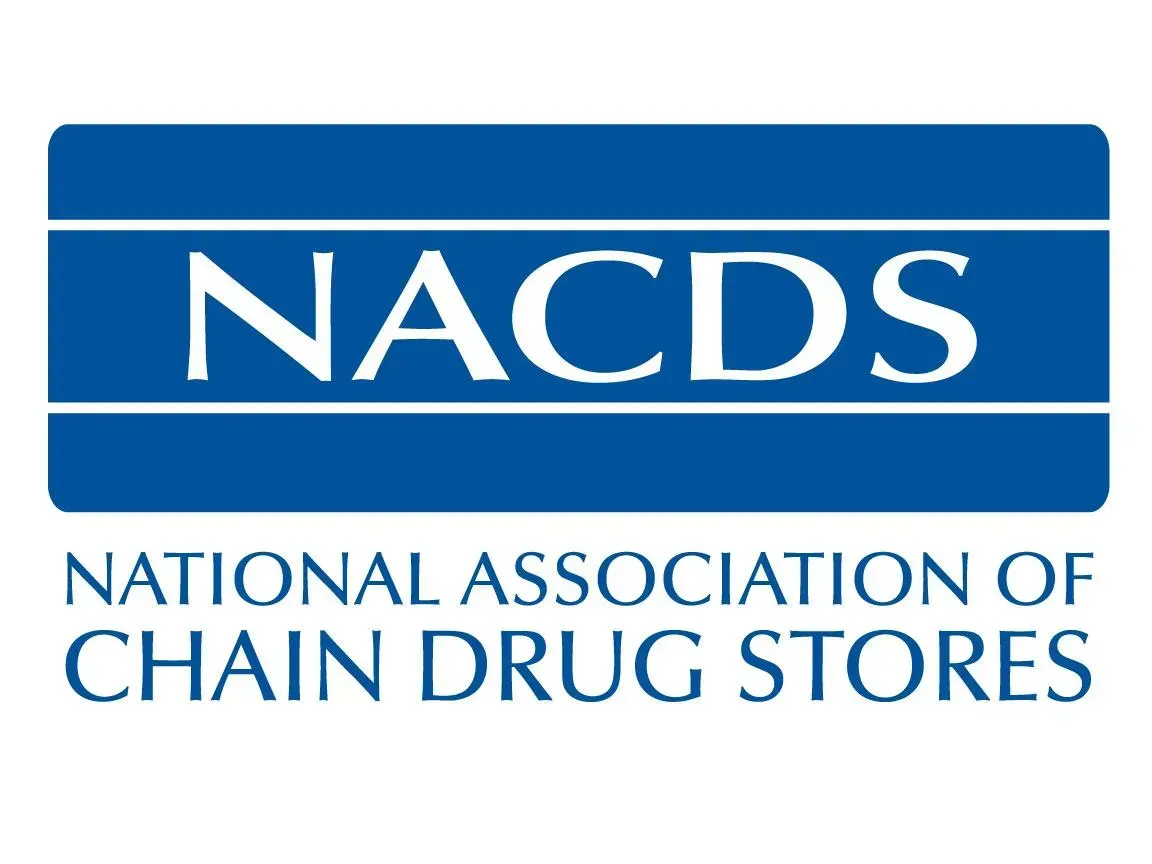Cybercriminals violate consumer privacy because they can and because they can profit from it. According to September 2017 Kantar Retail ShopperScape data, 84% of shoppers say they are somewhat/extremely concerned about the security of the personal/financial data online. This shopper insight, accompanied by the recent Equifax data breach that exposed the personal information of 143 million Americans, demonstrates the fears and vulnerabilities associated with our current data protection systems.

Brian Owens
In their recent Kantar Health study “When Privacy Officer Meets Data Scientist,” authors Tom Haskell and Jessica Santos stated that understanding the “patient as a person” — without violating patient privacy — can be extremely challenging. That is because it is easy to get lost in a big data set with comprehensive algorithms and segmentations and forget that there is a real person behind the statistics. As health care moves to a more outcomes management model, establishing trust will be critical. Without trust — trust in diagnosis, trust in services and trust with intimacy — brick-and-mortar players such as Walmart and Walgreens will not be able to attract new shoppers and retain the loyal ones they so desperately need to keep in an increasingly omnichannel world.
Privacy and retail health
Kantar Consulting predicts that by 2025 more general practice medicine will take place in a store than in a doctor’s office; therefore, retailers that invest the capital and the resources to do so will win. Part of these investments will involve an increased focus on data privacy. Retailers have the unique ability to provide access and primary care solutions for their shoppers’ health and wellness needs. From groceries to vaccinations, retailers are increasingly trying to connect the dots for shoppers.
The Health Insurance Portability and Accountability Act (HIPPA) is the 1966 federal law that provides data privacy and security provisions for safeguarding medical information. As retailers such as Amazon, with its 43 million Prime members, look to enter the U.S. health care system, HIPPA’s privacy protections will become less defined, while demands increase for a more frictionless experience for sick care and self-care.
Retailer solutions
Amazon recently made a number of high-profile hires from the pharmacy industry and, according to the St. Louis Post-Dispatch, has acquired wholesale pharmacy licenses in Alabama, Arizona, Connecticut, Idaho, Louisiana, Michigan, Nevada, New Hampshire, New Jersey, North Dakota, Oregon and Tennessee. Another license is currently pending in Maine. Amazon’s technological capabilities, vast fulfillment network and high shopper penetration could help bring down the cost of prescription drugs, but consumers could be at increased risk with so much sensitive information available online.
CVS Health, meanwhile, is working hard to rebrand itself as the holistic health care destination. From a self-care perspective, CVS Health has already exited tobacco and now plans to dedicate up to 80% of its physical store space to health and beauty products only.
From a sick care perspective, CVS Health and Epic, creator of the most widely used electronic health records, are working on a strategic initiative intended to help clinicians see more options for prescribing drugs that are less expensive and that offer better opportunities for improved outcomes. Measures to protect data privacy should be a key part of this of this initiative.
Where we are headed
In the future, Millennials and Centennials will be leveraging digital technology to help them find products and understand how to use them, care for older family members and even learn what their insurance will cover. Retailers will need to invest in digital platforms that help analyze this data and provide value-added benefits to payers, providers and brands that enable these connections.
As more health care moves to retail, convenience and outcome management will be the foundation for its success. Retail’s new key performance indicator will become shopper loyalty and the associated brands and services that enable it will win. Shoppers will be forced to trust, but retail’s responsibility will be to protect privacy and provide simpler platforms to help shoppers better understand their mental and functional health needs. Any threat to a frictionless health experience, such as a data breach, could disproportionately impact the patient path to purchase. We all need to become data champions if we truly want to deliver the outcomes patients need.
Brian Owens is vice president at Kantar Consulting.









